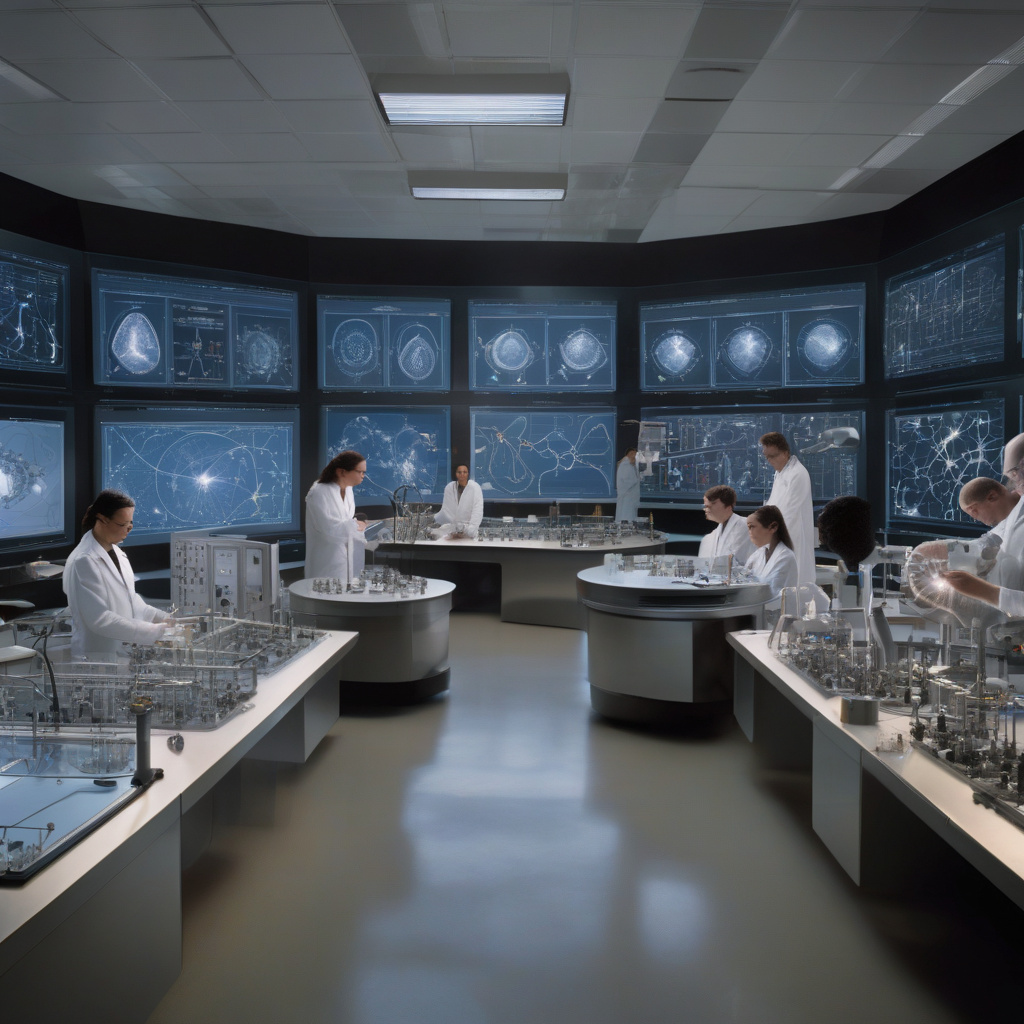Revolutionizing Thermodynamics: Resolving a 120-Year-Old Puzzle and Challenging Einstein’s Early View
A professor at the University of Seville has resolved a 120-year-old puzzle in thermodynamics, correcting a long-standing misconception and challenging one of Einstein’s early views. This breakthrough not only sheds new light on the fundamental laws of physics but also demonstrates the power of perseverance and innovation in the scientific community.
The puzzle in question revolves around the concept of entropy, a cornerstone of thermodynamics that quantifies the disorder or randomness of a system. For over a century, scientists have grappled with the idea that entropy always increases in a closed system, as stated by the second law of thermodynamics. However, this principle seemed to contradict the reversible nature of fundamental physical laws, leading to a paradox that has puzzled researchers since the late 19th century.
By delving into the heart of this enigma, the professor from the University of Seville uncovered a crucial oversight in the traditional interpretation of entropy. Through meticulous calculations and innovative thinking, he demonstrated that entropy can indeed decrease in certain conditions without violating the laws of thermodynamics. This groundbreaking discovery not only solves the age-old puzzle but also opens up new possibilities for understanding and manipulating energy at the microscopic level.
Moreover, the implications of this breakthrough extend beyond the realm of thermodynamics, challenging one of Einstein’s early views on the nature of physical processes. Einstein famously stated that “the statistical character of the second law is the only physical aspect of this law,” implying that entropy is purely a statistical phenomenon with no physical significance. However, the recent findings from the University of Seville suggest otherwise, revealing a deeper connection between entropy and the fundamental laws of physics.
This paradigm-shifting discovery underscores the ever-evolving nature of scientific knowledge and the importance of questioning established theories. By challenging conventional wisdom and pushing the boundaries of our understanding, researchers can uncover hidden truths and pave the way for new breakthroughs in the field of physics.
In conclusion, the resolution of the 120-year-old thermodynamics puzzle represents a significant milestone in scientific progress, highlighting the power of curiosity, perseverance, and innovation in unraveling the mysteries of the universe. As we continue to explore the frontiers of physics, it is essential to embrace new ideas, challenge existing paradigms, and strive for a deeper understanding of the fundamental laws that govern our world.
innovations, thermodynamics, Einstein, Seville University, scientific breakthroughs












